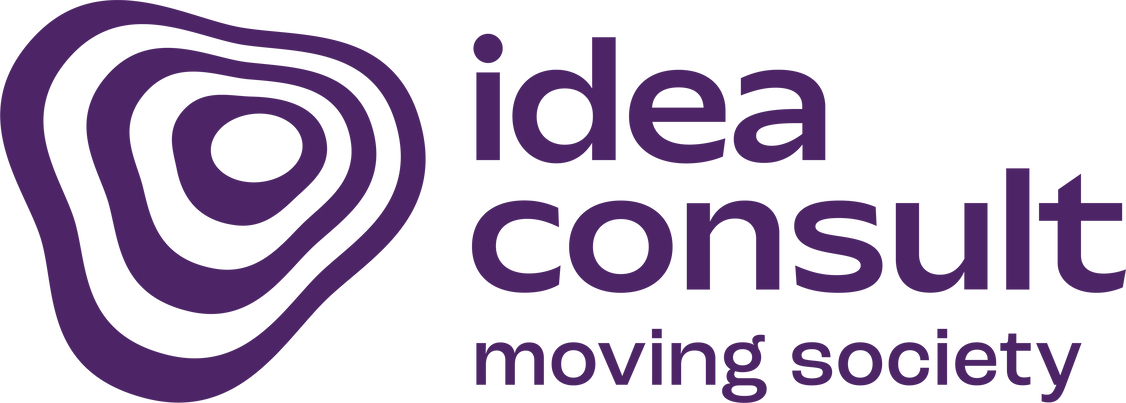We work on more than 300 projects every year.
Comparative analysis of digital education strategies in Europe for Wallonia
Project leader:
Eduardo Salvador
This study benchmarks how five European countries organise and govern digital education, with the explicit goal of helping Wallonia shape its next strategy. Beyond reporting results, the project places strong emphasis on method: a full-EU exploratory scan, structured country fiches, in-depth case studies, and 11 expert interviews conducted in June–July 2025. The outcome is a set of recommendations tailored to the Walloon context.
The challenge
Wallonia is advancing Digital Wallonia 4 Edu, which seeks more than devices and connectivity: it aims for a coherent, equitable and sustainable digital learning ecosystem. The challenge was to understand, across Europe, what works -and what to avoid- when aligning infrastructure, teacher training, classroom practice, governance, evaluation, and ecological sustainability. The study therefore assessed how national strategies address five Walloon priorities: global approach, long-term sustainability, equity, long-horizon management and evaluation, and environmental responsibility, with a view to informing policy and budget choices for 2028–2029.
Approach & result
The methodology unfolded in three phases. First, we conducted an exploratory scan of all 27 EU Member States, producing a comparable fiche per country that captured strategic scope, budgets and objectives; alignment with Digital Wallonia 4 Edu’s five axes; evidence of evaluation; and the presence of Wallonia’s five priority criteria. Using six pre-agreed selection criteria (including availability of evaluations, strategic distinctiveness and geographic/size diversity), we shortlisted seven countries and retained five for deep dives: Germany, the Netherlands, Estonia, Portugal and the Czech Republic.
Second, we ran five structured case studies guided by seven dimensions (history, governance, current orientations, concrete actions, evaluation and monitoring, measured results, and practices to emulate or avoid). This combined rigorous desk research with 11 semi-structured interviews using a common interview guide to validate findings, surface blind spots and access non-public documentation.
Third, we executed a transversal synthesis explicitly through Wallonia’s five criteria to translate cross-country lessons into a policy-ready roadmap.
The comparative findings are clear. Effective strategies are multi-level and collaborative, balancing a strong national steer with empowered intermediaries and school-level autonomy (e.g., Dutch organisations such as Kennisnet/SIVON; Portugal’s Digital Ambassadors). Pedagogy and ethics must anchor technology choices; countries that started with infrastructure-only approaches are now correcting course through national teacher-development programmes and shared resource platforms (e.g., Germany’s lernen:digital and MUNDO/VIDIS). Integrated approaches work best when infrastructure, techno-pedagogical support, teacher development and quality resources move in lockstep; proximity support models, like Czech regional ICT coordinators and “IT Gurus”—are particularly impactful. Real usage depends on mundane but critical conditions such as Wi-Fi coverage, power access, device storage and first-line maintenance; without these, devices remain underused.
Teacher learning pathways benefit from clear, recognised and, where possible, certified progression (e.g., alignment with DigCompEdu), coupled with widespread self-assessment tools whose results feed back into policy. Open, interoperable public platforms improve access, sovereignty and user experience (e.g., Estonia’s e-learning ecosystem and the Dutch push for open materials and interoperability). Equity requires targeted measures based on local diagnostics, avoiding one-size-fits-all device distribution and mitigating hidden costs for vulnerable families. Finally, ecological sustainability—too often an afterthought—should be built in via longer device lifecycles, reuse, lock-in avoidance, and green criteria in procurement. For Wallonia, the building blocks are already in place (technical cadastre, portfolio/central purchasing, helpdesk, CEN/CTP support). The path forward is to tighten cross-actor governance (revitalising the CINE), scale proximity support and certified training, systematise usage monitoring and feedback loops, consolidate an open, interoperable resource platform, and formalise an eco-sustainability plan that aligns pedagogy, budgets and climate goals.




